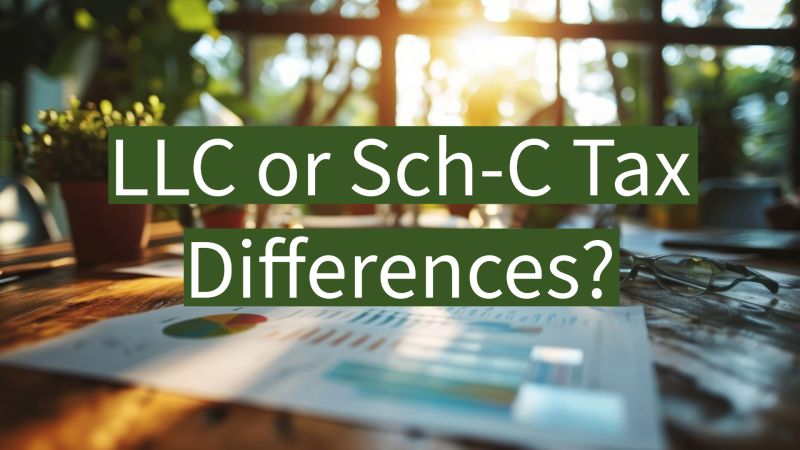Did you know that a single-member LLC and a sole proprietorship (or Schedule C filer) are generally treated the same for federal income tax purposes?
Both are considered “disregarded entities” by the IRS, meaning that business profits “pass through” to the owner’s personal income and are taxed at their individual tax rate.

But the similarities don’t end there. Both business structures are also subject to self-employment taxes, which cover Social Security and Medicare. For 2021, the rate was 15.3% on the first $142,800 of net income, and 2.9% on net income beyond that.
There can be differences at the state level, there. Some states may impose taxes or fees on LLCs but not on sole proprietorships.
While tax treatment is similar, other factors may influence your decision. For instance, a single-member LLC provides limited liability protection, safeguarding your personal assets in the event of a business lawsuit. A sole proprietorship does not offer this protection.
As always, it’s wise to consult with a tax professional or business advisor to understand all the implications of your chosen business structure.
See all of our small business posts
Take charge of your future today. Book a strategy session to ensure your business is on the right foot moving forward. Call (833) 256-6644 or use our form to
schedule a consultation.
HUNSINGER LAW GROUPEmpowering financial success through legal guidance
